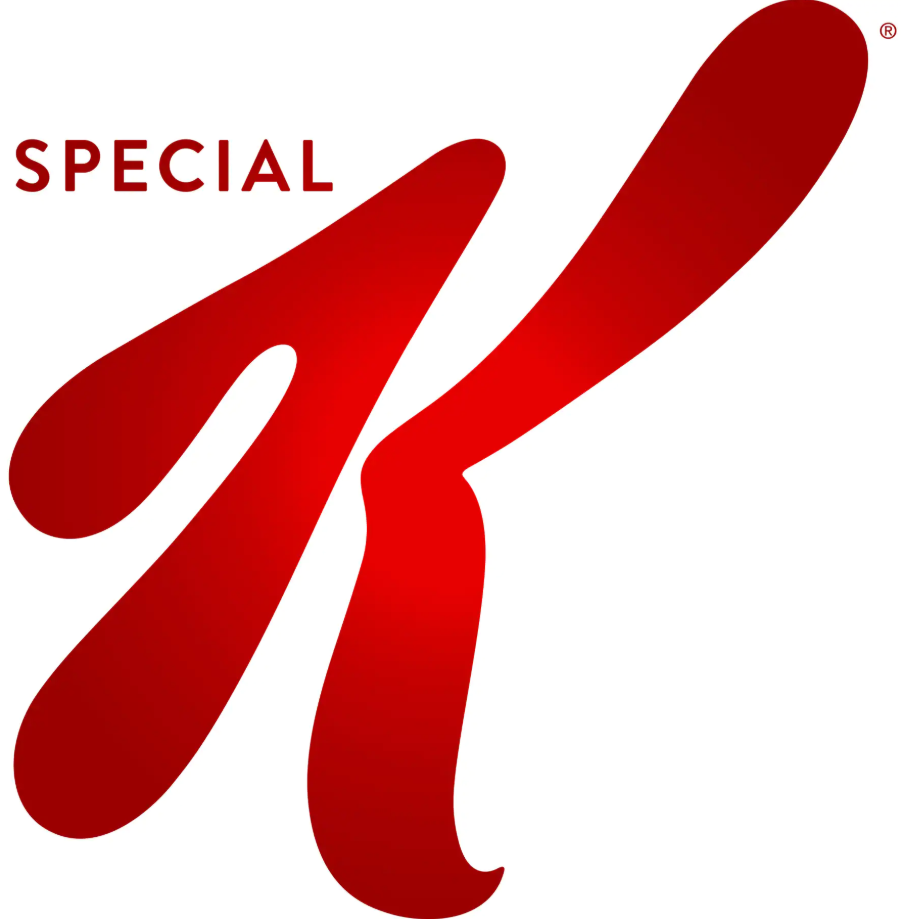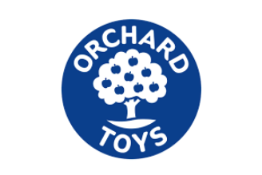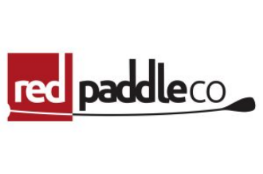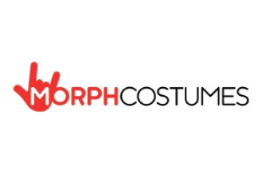Kellogg’s is taking Australian tennis player Thanasi Kokkinakis to court over his attempt to trademark his “Special K” nickname. The food giant, which registered the Australian trademark for Special K in 1955 to protect its signature cereal brand, wants to stop the athlete from using the moniker in an advertising campaign. A spokesperson for Kellogg’s said that the company is determined ‘to defend… [the] very strong and iconic Special K – which is known and loved by many Australians’. However, due to the complexities of trademark law, it may only have a slim chance to win against Kokkinakis.

The role of trademark classes
Kellogg’s first lodged an opposition against the tennis player’s trademark in 2015, after Kokkinakis submitted an application for an Australian trademark in the following classes of goods and services:
- Class 25: Clothing for sports; Shoes for sports wear; Sports clothing (other than golf gloves); Sportswear
- Class 28: Apparatus for racquet sports
- Class 41: Arranging of sports competitions; Organisation of sports competitions; Provision of apparatus for sports; Sports club services; Sports coaching; Sports consultancy.
A directions hearing between the company and Kokkinakis took place on the 8th of June 2017, following which the case was sent to a mediation conference in August. The judge allowed Kellogg’s extra time to amend its statement of claim and for the tennis player to file a defence.
Based on the information that has been made available to date, legal experts suggest that it could be hard for Kellogg’s to win the case. David Stewart from Australian law firm Williams+Hughes highlighted the fact that all of the firm’s trademarks in Australia are registered in Class 30, a category which covers ‘Breakfast and other cereal foods’. As the company does not have trademarks in the classes in which Kokkinakis sought to register his products, it could be argued that there is no infringement. Further, trademark law is supposed to protect the public from being confused as to the source of a product, but the chances of such confusion are minimal in this case, since Kellogg’s is not in the athletics industry.
The question of reputational damage
Kellogg’s could therefore find it hard convince the court that its products are similar to the ones covered by Kokkinakis’ trademark application. However, if the company can prove that the Special K trademark has a reputation and Kokkinakis’ use of the mark is detrimental to, or takes unfair advantage of it, it may still have a chance to win. This could turn out to be especially relevant, given that Kokkinakis has been sliding down the rankings for 18 months following a shoulder injury. As the case progresses, he may have to prove that he is not seeking to take advantage of the positive reputation of the Kellogg’s trademark.
The case will return to the Federal Court on the 31st of August.






